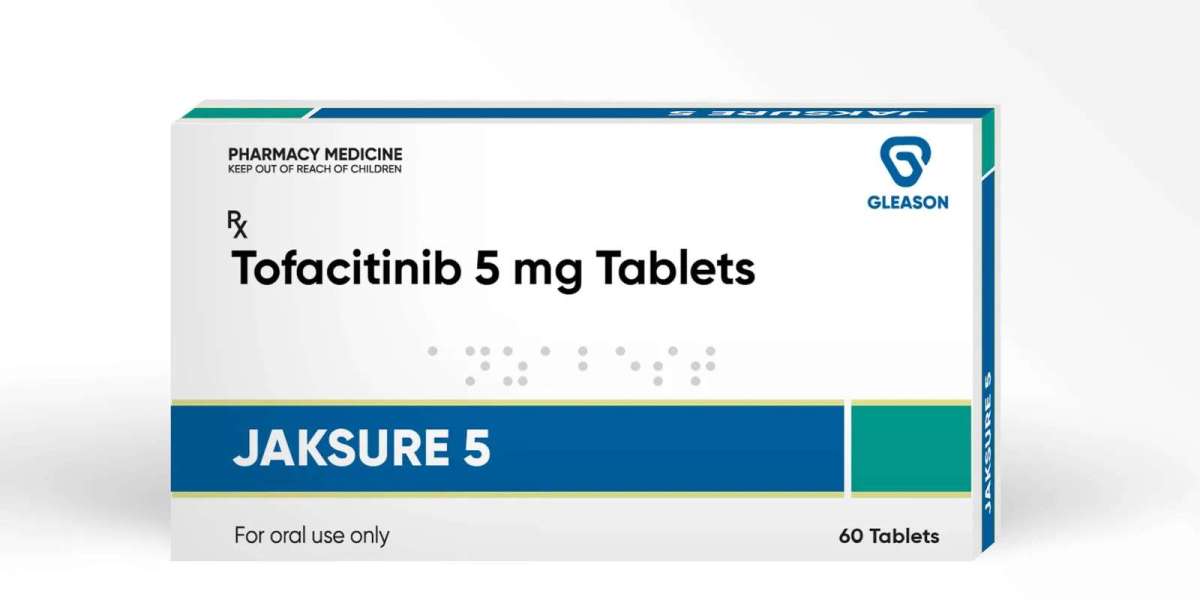Many small businesses opt for Microsoft 365 through GoDaddy due to its affordability and ease of setup. But as those businesses grow, so does the need for greater flexibility, enhanced security, and deeper administrative control. Unfortunately, GoDaddy’s version of Microsoft 365 can’t keep up with those demands.
That’s where GoDaddy Defederation becomes a critical next step. Defederation refers to the process of breaking away from GoDaddy’s federated system and regaining full ownership of your Microsoft 365 tenant. For businesses seeking scalability, compliance, and control, it’s no longer optional—it’s essential.
What is GoDaddy Defederation?
GoDaddy Defederation involves transitioning your Microsoft 365 tenant from GoDaddy’s managed platform to a direct Microsoft or CSP-managed environment. When you buy Microsoft 365 through GoDaddy, your tenant is part of their federated infrastructure, meaning GoDaddy retains control over many settings, licenses, and admin functions.
While this works for basic email and collaboration needs, it severely limits:
Security configurations
Integration with third-party tools
Custom compliance policies
Advanced admin roles and dashboards
Defederation removes these restrictions by placing your tenant directly under your organization’s control.
Why Businesses Are Moving Away from GoDaddy’s Microsoft 365
As businesses scale, so do their IT demands. GoDaddy’s version of Microsoft 365 was designed for simplicity—not for enterprise-grade environments. Key reasons to defederate include:
Access to advanced Microsoft features like Microsoft Defender and Purview
Full control over DNS, users, and authentication policies
Direct access to Microsoft support, bypassing GoDaddy’s slower channels
Improved integration with backup tools, CRM systems, and automation platforms
What You Gain by Defederating from GoDaddy
1. Unrestricted Admin Rights
Once you defederate, you can fully access the Microsoft 365 admin center. You’ll gain:
Customizable admin roles
Tenant-wide policy management
The ability to deploy PowerShell scripts
Fine-grained license and billing control
This level of access is crucial for IT departments needing agility and oversight across users and services.
2. Full Security Configuration
One of the most common complaints about GoDaddy’s setup is its lack of security features. After defederation, you can:
Create Conditional Access policies
Enforce multi-factor authentication by risk profile
Monitor sign-in anomalies through Azure AD
Related Resource: Learn how incident response services can further secure your tenant in the event of a breach or threat.
3. Seamless Third-Party Integrations
Need to connect Microsoft 365 with tools like Salesforce, Dropbox, or Zapier? GoDaddy’s environment blocks or complicates many of these integrations due to limited permissions and access.
With defederation, you can confidently:
Connect APIs
Use enterprise-grade Single Sign-On (SSO)
Automate workflows across departments
Also Read: See how security monitoring complements these integrations by keeping tabs on unusual behavior across your cloud environment.
The GoDaddy Defederation Process
Here’s a simplified look at how to transition your Microsoft 365 tenant out of GoDaddy’s ecosystem.
Step 1: Audit Your Tenant
Start by reviewing:
All licensed users
Shared mailboxes and distribution groups
Mail flow rules and DNS records
Third-party integrations and configurations
This ensures a smooth transition with minimal disruption.
Step 2: Purchase Microsoft 365 Licenses
You’ll need to acquire new Microsoft 365 licenses directly from Microsoft or a certified Cloud Solution Provider (CSP). Match your current license types (e.g., Business Premium, E3) to avoid losing features.
Step 3: Update DNS and Disconnect Federation
This technical step involves:
Removing GoDaddy-specific DNS records
Adding new TXT, MX, and CNAME records for Microsoft 365
Reassigning domain federation using PowerShell or Microsoft tools
Be careful—DNS errors can cause downtime or mail delivery issues.
Step 4: Assign New Licenses and Reconnect Services
With federation removed:
Assign Microsoft licenses to each user
Confirm mailbox and data integrity
Reconnect tools like Outlook, Teams, and OneDrive
Test permissions and service availability
Common Challenges to Watch Out For
Even with a solid plan, organizations can run into a few issues:
Data migration hiccups for shared mailboxes or calendars
Temporary mail delays due to misconfigured MX records
User confusion if authentication changes aren’t communicated
Preparing users with clear instructions and scheduling defederation during low-traffic periods can reduce disruptions.
After Defederation: Best Practices for Security and Compliance
Once your tenant is under your control, it’s time to optimize for protection and performance. Start with:
Enabling Secure Score to assess your security posture
Setting retention policies based on your industry compliance needs
Enforcing MFA organization-wide
Using Microsoft Purview for audit logs and data governance
If your company handles sensitive data or operates under strict regulatory guidelines, these features are critical.
Is GoDaddy Defederation Right for You?
Here are signs your business is ready to defederate:
You’ve outgrown GoDaddy’s simplified admin portal
Your IT team wants to manage access, licenses, and security directly
You need advanced configurations or integrations
You value direct access to Microsoft for faster issue resolution
Whether you're a growing SaaS company, a law firm with compliance concerns, or a healthcare provider under HIPAA, GoDaddy's limitations eventually become a liability.
Final Thoughts
GoDaddy Defederation is more than just a technical migration—it’s a shift in control, security, and scalability. By removing GoDaddy’s administrative layer, your business unlocks the full potential of Microsoft 365.
It’s a move toward true IT independence—where your data, configurations, and workflows are fully yours to manage, customize, and secure.
If you're serious about growth, compliance, and getting the most out of your Microsoft investment, GoDaddy Defederation is not just recommended—it's essential.







